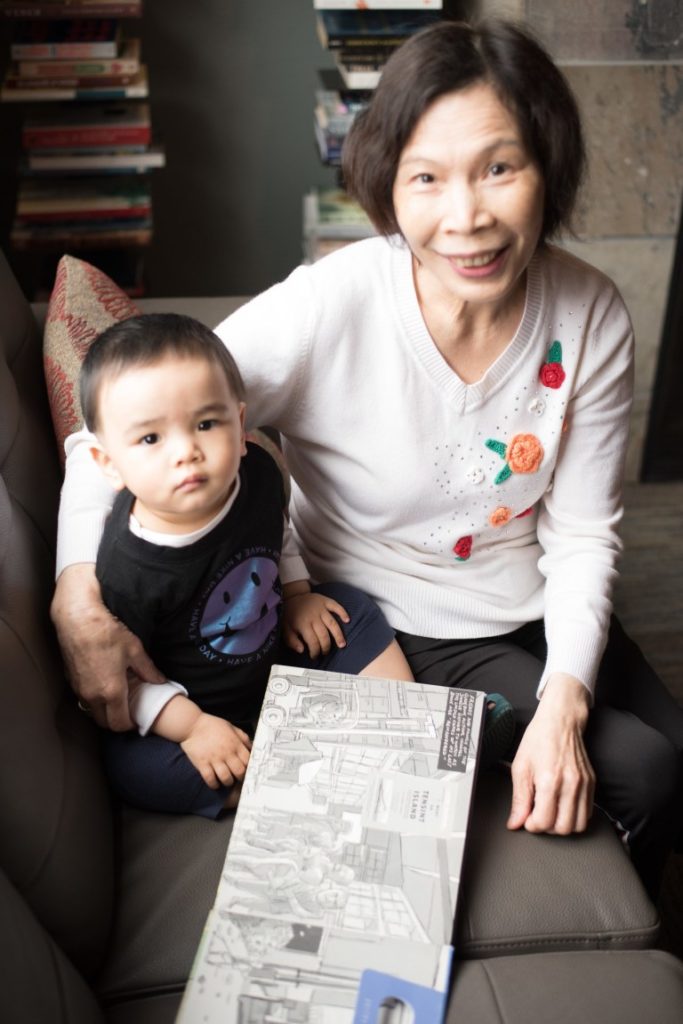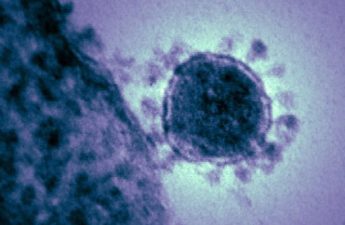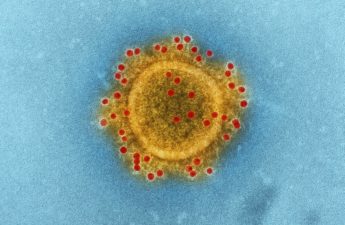
WE WANT SOCIAL DISTANCING, NOT SOCIAL ISOLATION
Erin Murphy, Public Health – Seattle & King County
Last week, we made a tough but clear decision to postpone our first Best Starts for Kids summit. In light of the coronavirus outbreak in King County, we are following Public Health’s recommendations to avoid large gatherings and practice “social distancing” – increasing the physical distance between people to help slow the spread of disease.
Best Starts for Kids believes in putting our community first. We say it in our tagline: we want all kids and families to be happy, healthy, safe and thriving.
So we’ve been thinking a lot about how we can keep each other stay safe and practice social distancing with love and as a community, not in isolation.
It’s a changing landscape, and we know recommendations change daily. Here are our thoughts on how we all can stay connected and reduce isolation during this time.
As organizations, coalitions, and community leaders
Technology is your friend
While social distancing discourages close face-to-face contract, especially in larger group settings, we live in an era where staying connected can be easier than ever. C
onsider engaging your community through virtual events or by phone, or hosting video events through your social media. As an organization, we postponed our 700 in person event and instead hosted a shorter Facebook live event on the original date to still connect with our community.
Best Starts for Kids is a King County initiative and part of our Public Health – Seattle & King County family as Public Health co-implements the initiative. Supporting more than 220 community partners and 400+ programs across King County, Best Starts wants to ensure that families are safe and healthy. To that end, the following post was originally shared on the Best Starts for Kids blog.
You’re a trusted source of information
We know that community-based organizations, faith-based organizations, and community leaders are trusted sources of information. Please help us share the most accurate and up-to-date information. There are some great resources to support this including the COVID-19 web page
Public Health also coordinates the Community Communications Network which is an excellent, ongoing resource for Community and Faith Based Organizations. A partnership between Public Health – Seattle & King County, Community and Faith based Organizations, and Community Leaders, the Network ensures essential, and potentially, lifesaving information reaches all populations in King County.
We know that groups impacted by inequities on a daily basis are at greater risk of significant impact during and after emergencies and we want to assure that critical information is shared quickly, and in a manner that is accessible, with staff, clients and community.
The Network is now hosting weekly Community Partners Coronavirus Calls on Mondays from 4:00-4:45 pm. This is an opportunity for community organizations and leaders to hear updates from Public Health and for them to voice any questions and concerns they might have, either for their own organization or the communities they serve.
Click here to join the weekly calls. Alternatively, you can call in at 1.206.263.8114 using conference code 560794#.
As individuals
Technology is your friend, too
Do regular check-ins with those you’d usually hug in person.Think Facetimecalls, boomerangs of your telecommuting set-up, the list goes on. And of course there’s always old fashioned phone calls too! Think about your friends, family, and neighbors who may be most vulnerable and reach out to them from afar. Chances are, they will be incredibly happy to hear from you.

Keep the kids busy
It can be hard to think about how to entertain kids for hours on end, especially if schools are canceled. Check out the free Vroom app, which provides science-based tools and tips to help parents and caregivers turn every day moments into brain-building opportunities. We’ll also feature more ways to engage with your kids in a future Best Starts blog post – stay tuned! For now, just know that having your kids follow the previous tip definitely counts as an activity.
Get outside
Social distancing doesn’t mean you have to stay stuck in your house. If you’re going stir crazy, get out in nature and enjoy some fresh air. It’s important for kids to get active outside time every day, and research shows daily time outdoors boosts adults’ health and wellbeing.
The current recommendation is to avoid large groups. That mostly means groups over 50 people but conservatively means anything more than 10 people. However, if you don’t fall into the high risk group, you can still certainly visit each other. How to do this well? Here’s a quick checklist:
- Think small—only a few friends at most. Or think of this as an opportunity for 1:1 hangouts.
- Avoid physical contact and maintain a distance of at least 3 feet apart from others.
- Practice excellent personal hygiene habits, including handwashing, coughing into tissue or elbow, avoid touching eyes, nose, or mouth.
- Cover your mouth and nose with a tissue when you cough or sneeze, then throw the tissue in the trash and wash your hands.
- Wash your hands often with soap and water for at least 20 seconds. Use an alcohol-based hand sanitizer if soap and water are not available.
- Avoid touching your eyes, nose, or mouth with unwashed hands.
- If you feel sick in any way—please stay home!
Finally, take care of one another
This won’t last forever, and we’ll be better off if we care for one another. Is one of your neighbors feeling sick? Drop off some groceries and a note at their doorstep. If you want to say hi, do so with at least 6 feet of distance between you! Do you have loved ones at higher risk that are starting to feel isolated? Send them a message to check-in, or offer to run errands for them. If they need anything delivered, a front door drop off can be the safest option.
We’re stronger as a community, and making sure all families are happy, healthy, safe, and thriving doesn’t have to mean social isolation.


